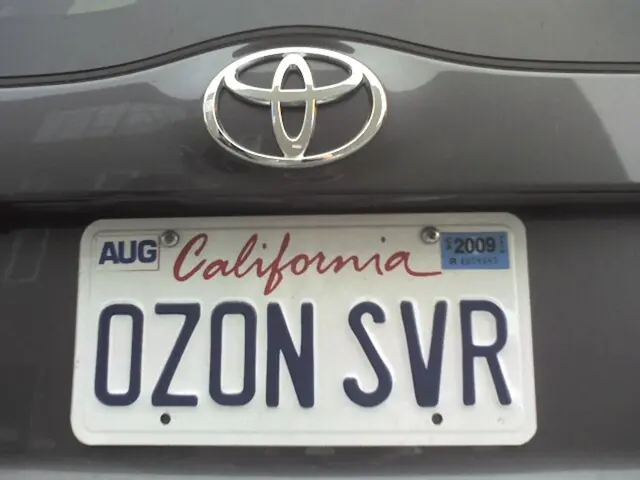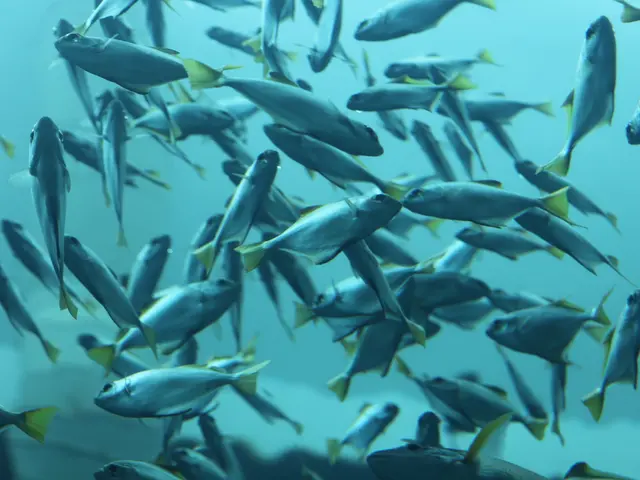DOJ's New Initiative: Reward and Punishment or Empty Promises and Bravado?
On April 5, 2016, the Department of Justice (DOJ) unveiled an initiative called the "Fraud Section's Foreign Corrupt Practices Act (FCPA) Enforcement Plan and Guidance." This program, which encourages voluntary self-reporting in FCPA cases, offers a one-year pilot program.
The DOJ has historically afforded substantial credit to companies that voluntarily disclose FCPA violations, cooperate with an investigation, and remediate misconduct. Under the pilot program, companies that self-report, cooperate fully, and remediate misconduct may qualify for a reduction of up to 50 percent off the low-end of the applicable U.S. Sentencing Guidelines penalty range.
However, the threat in the initiative is that FCPA violations are more likely to be discovered due to increased resources and international collaboration. To make an informed analysis and best protect its interests, a company should fully investigate potential wrongdoing in an organized, transparent, and defensible manner before making a decision regarding voluntary disclosure.
It is important to note that a disclosure must be voluntary to qualify for the maximum reduction. To be considered voluntary, a disclosure must occur before an "imminent threat" of disclosure, be made within a reasonable time of the company becoming aware of the violation, and include all relevant facts. A disclosure will not be considered voluntary if the company is required to make it by law, agreement, or contract.
In order to receive full cooperation credit, a company must disclose all facts relevant to the investigation, including the involvement of the company's officers, employees, or agents. Even with full cooperation and appropriate remediation, absent voluntary disclosure, the Fraud Section's FCPA Unit will grant a maximum reduction of only 25 percent off the bottom of the U.S. Sentencing Guidelines penalty range.
The requirement of full disgorgement of profits allows for a great deal of discretion, as the amount of profit resulting from improper conduct is often difficult to calculate and can be a point of negotiation. Companies that have implemented an effective compliance program may not be required to retain a corporate compliance copilot under the pilot program.
The program does not guarantee a specific reduction for companies participating in it, as the FCPA Unit retains significant discretion in determining the credit to be given. The potential for a data breach that reveals wrongdoing is perhaps at its greatest discovery risk point in history, suggesting that in some situations a company would be wise to self-disclose misconduct and take the accompanying remediation credit.
In the last 18 months, companies such as Goldman Sachs, Ericsson, and Novartis have cooperated with the DOJ FCPA unit, involving countries like Malaysia, Brazil, and China. It remains essential that corporations consider the range of potential consequences and benefits of voluntary self-disclosure, particularly in light of the increasing likelihood that any significant FCPA violation will eventually become public.
The DOJ's pilot program may not have the impact that was intended, but it remains important for companies to be aware of its existence and potential benefits. To qualify for full credit under the pilot program, a company must voluntarily disclose the FCPA violation, provide full cooperation, take appropriate and timely steps to remediate the misconduct, and disgorge all profits resulting from the FCPA violation. It is only after a thorough investigation that a company can take the appropriate remedial measures essential to prevent similar misconduct in the future.





